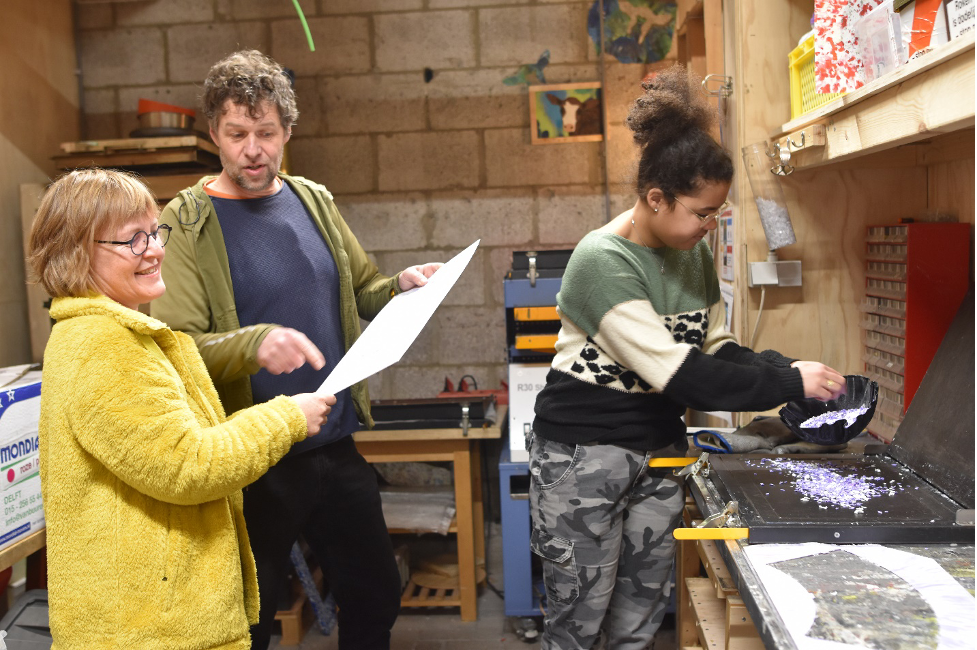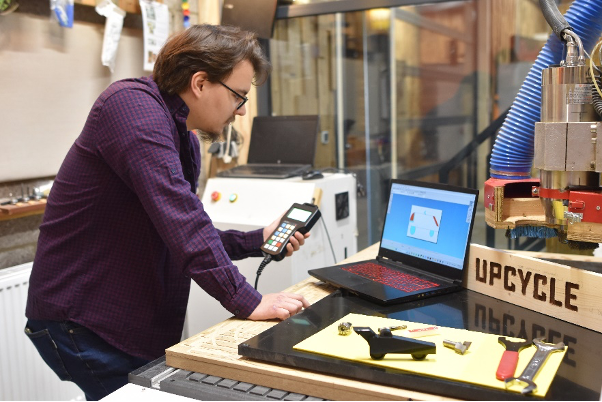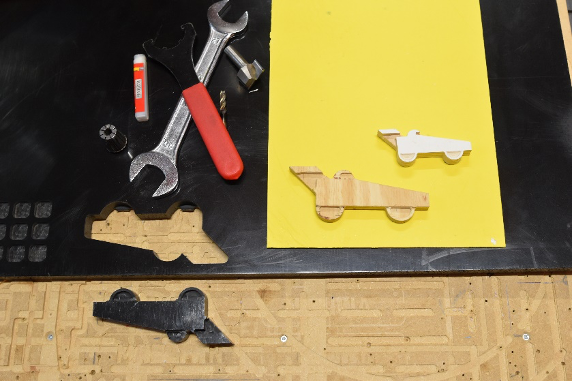ScaleUpCycle
How can local initiatives contribute to realizing the materials transition?
Centre of Expertise Digital Operations & Finance

How can local initiatives contribute to realizing the materials transition? The Upcycling Campus of Stichting Stunt has been experimenting for several years with reusing plastic waste and converting it into new products that are relatively easy to make by people distanced from the labor market. The benefits: less waste, affordable products and meaningful work. In this project, researchers from the research group Smart Sustainable Manufacturing, students and Stichting Stunt are working together to scale up 'upcycling'.
Social circular economy
Upcycling is a way to create something of value from waste materials. Making impact with this is easier if apprenticeships and other social enterprises can scale up their production, both in volume and to more high-quality products. In doing so, they currently experience obstacles, such as the lack of access to cheaper, robust machines for upcycling, the complexity of the production process for people distant from the labor market and the need for appropriate product designs.
Project objective
The goal of this project is to understand how these barriers can be reduced by using a product configurator. This has three advantages:
- Customers can configure a product themselves in the configurator.
- Generating work instructions can be automated from the configurator.
- The configurator can provide instant feedback on the product’s carbon footprint and, for example, the required amount of waste.
Product configurator and plate press
Stichting Stunt, the makers collective The Upcycle, the research group Smart Sustainable Manufacturing and students from the Industrial Design Engineering program are joining forces to jointly conduct a pilot, testing the feasibility of the upcycle principle for products made from recycled plastic plates. This is made possible because a robust plate pressing machine is relatively easy to develop and operate. First versions of prototypes have been developed for both the configurator and the plate press, which we will test and improve during the period February to August 2024. With the help of these new tools, the upcycle company can work on market research, product design and process improvement. The new tools are also usable for educational purposes, which can play an important role in developing a local upcycle community in the future. The project thus contributes to optimal reuse in local cycles.
Team
- Satish Kumar Beella, [email protected]
- Jenny Coenen, [email protected]

